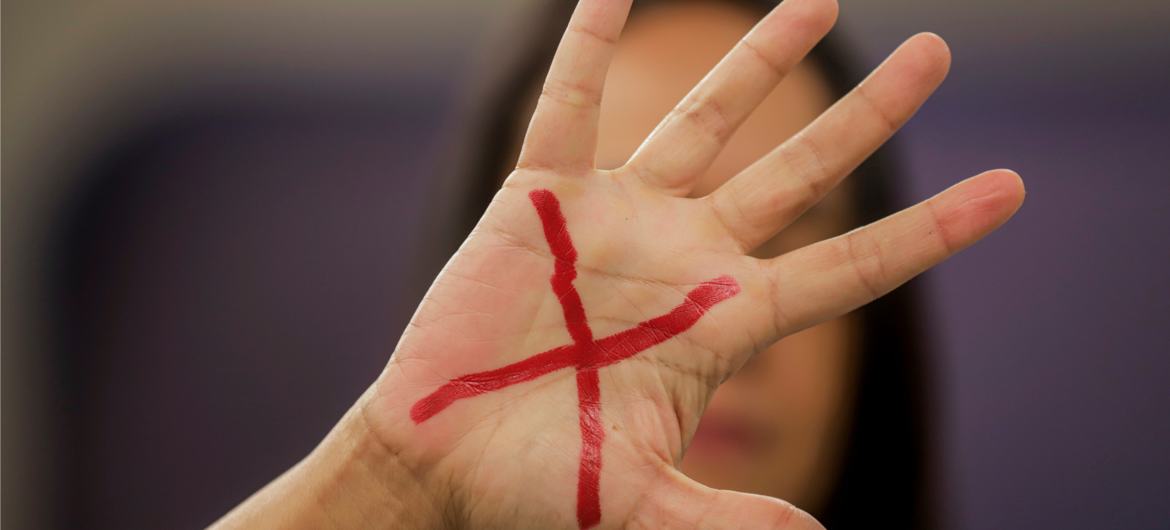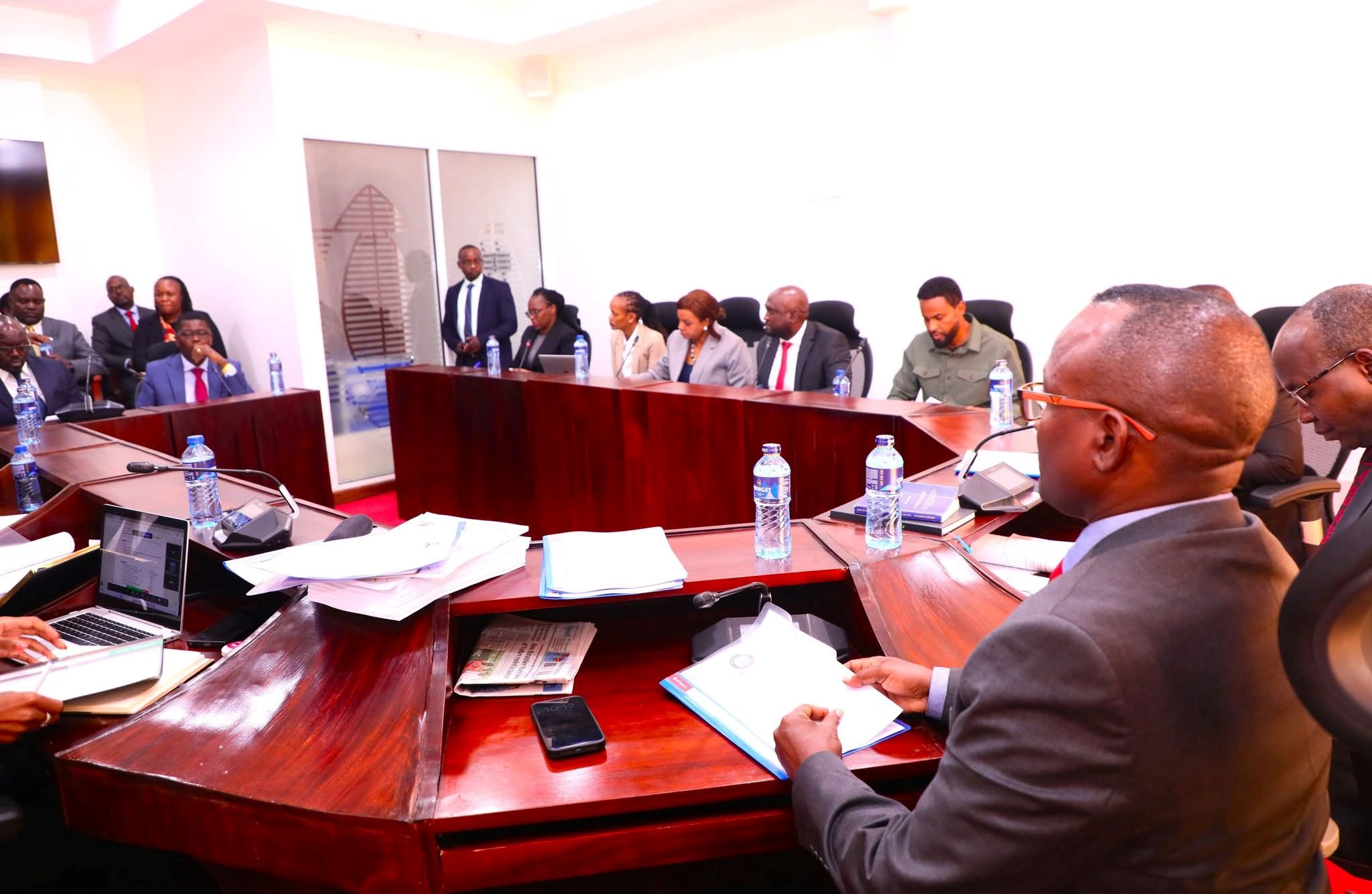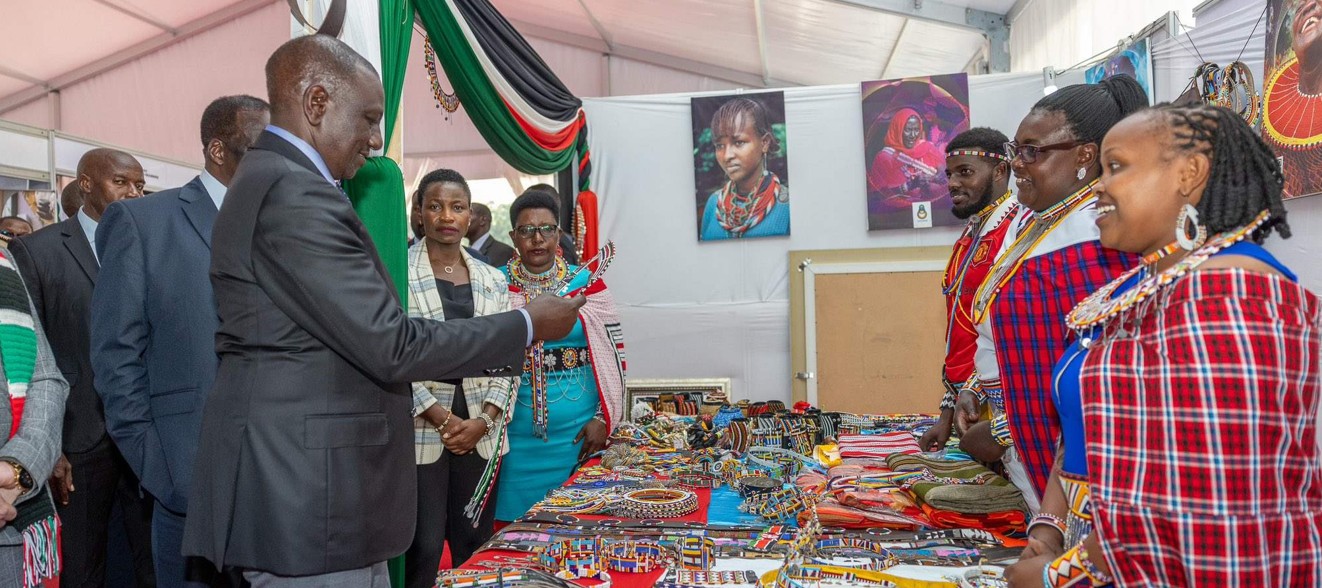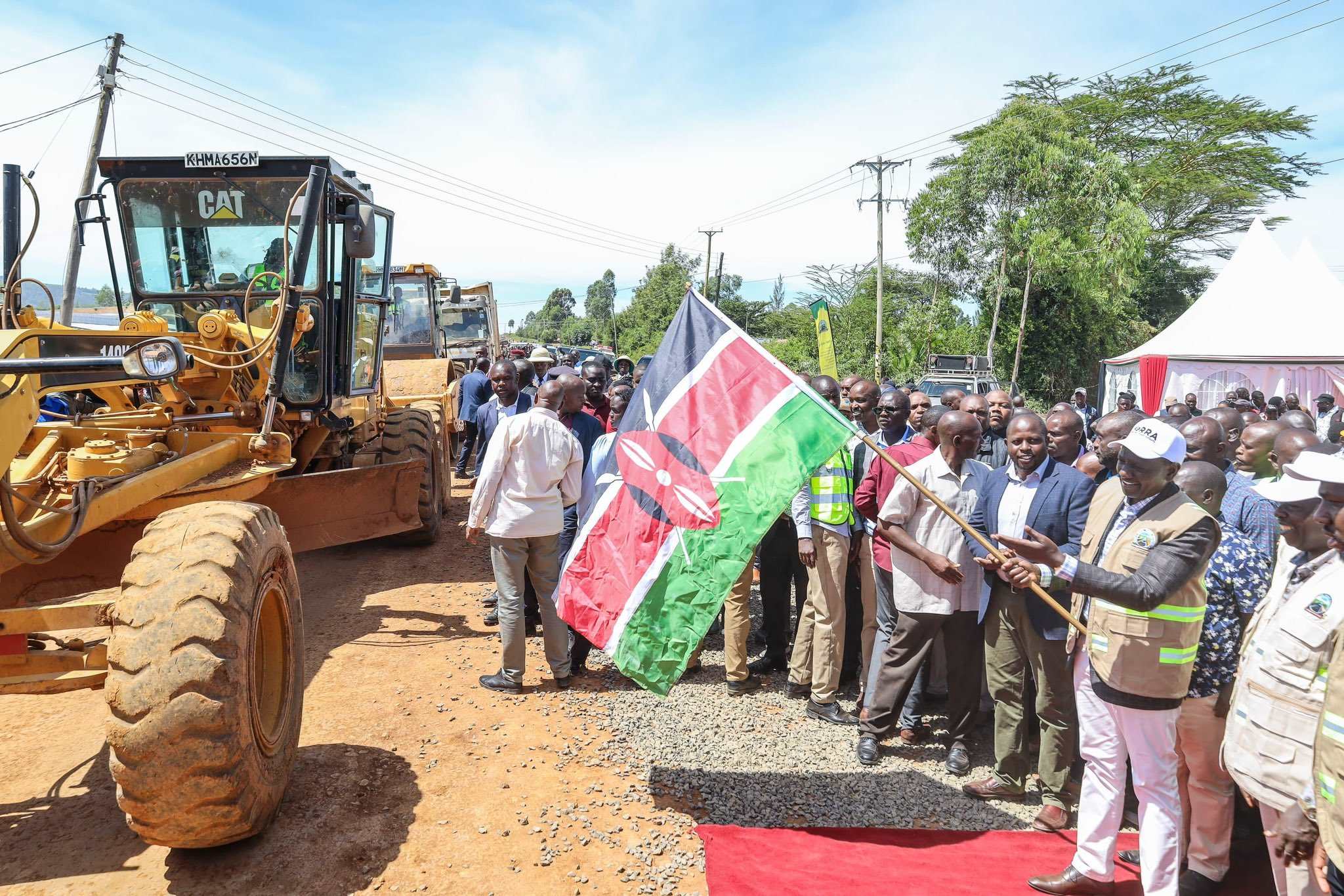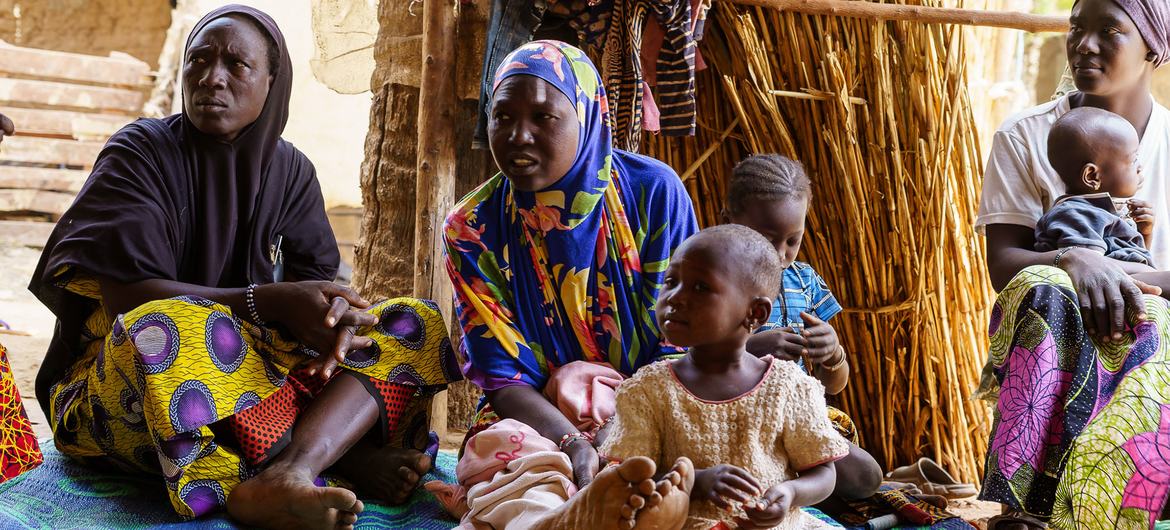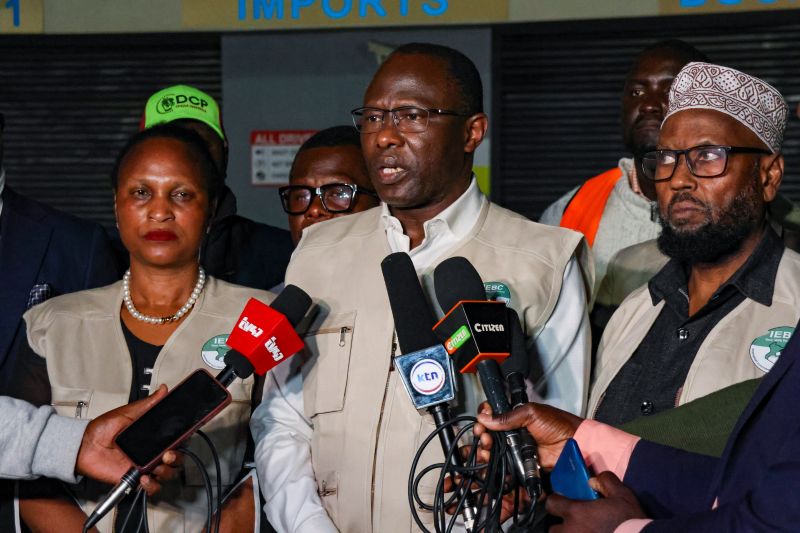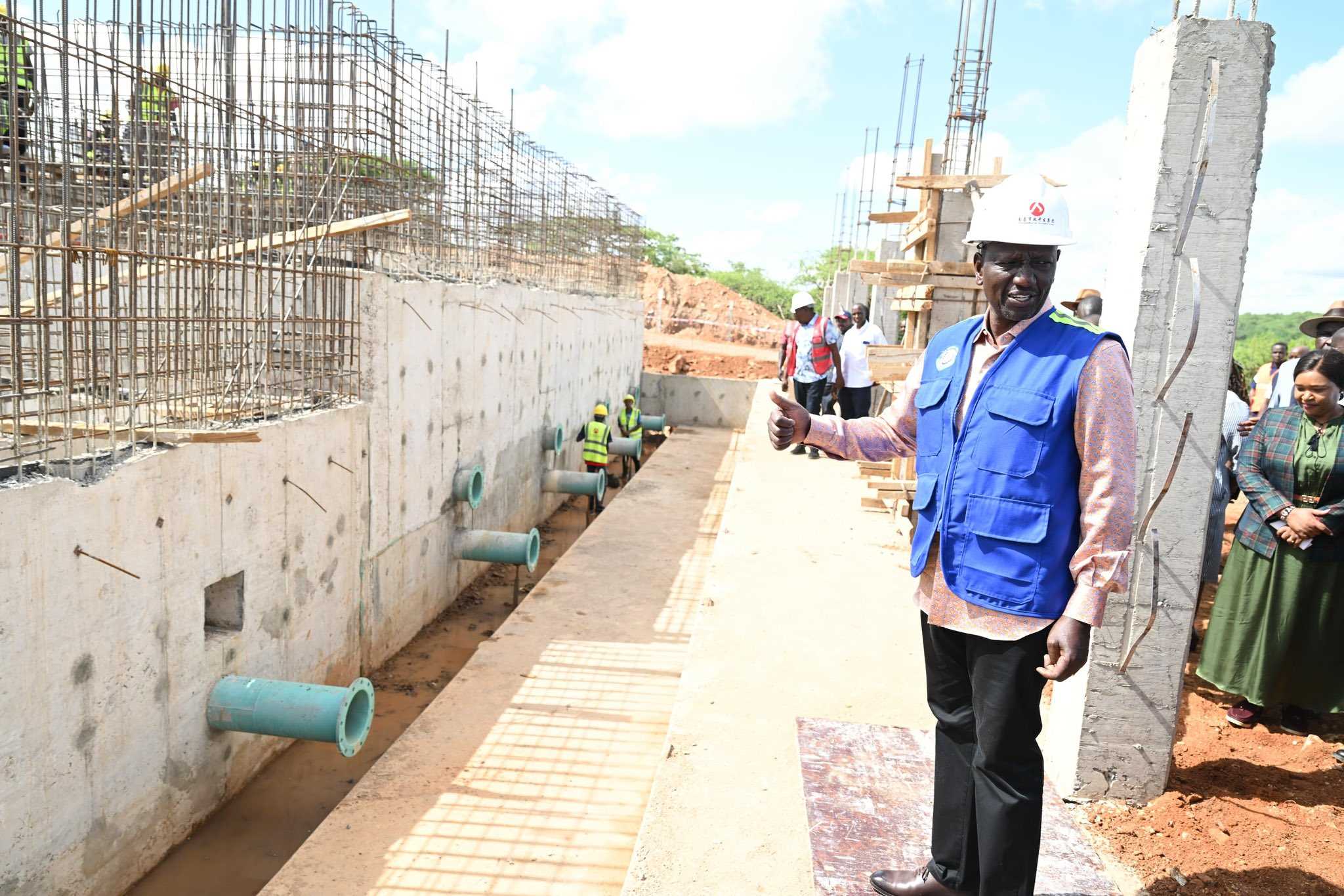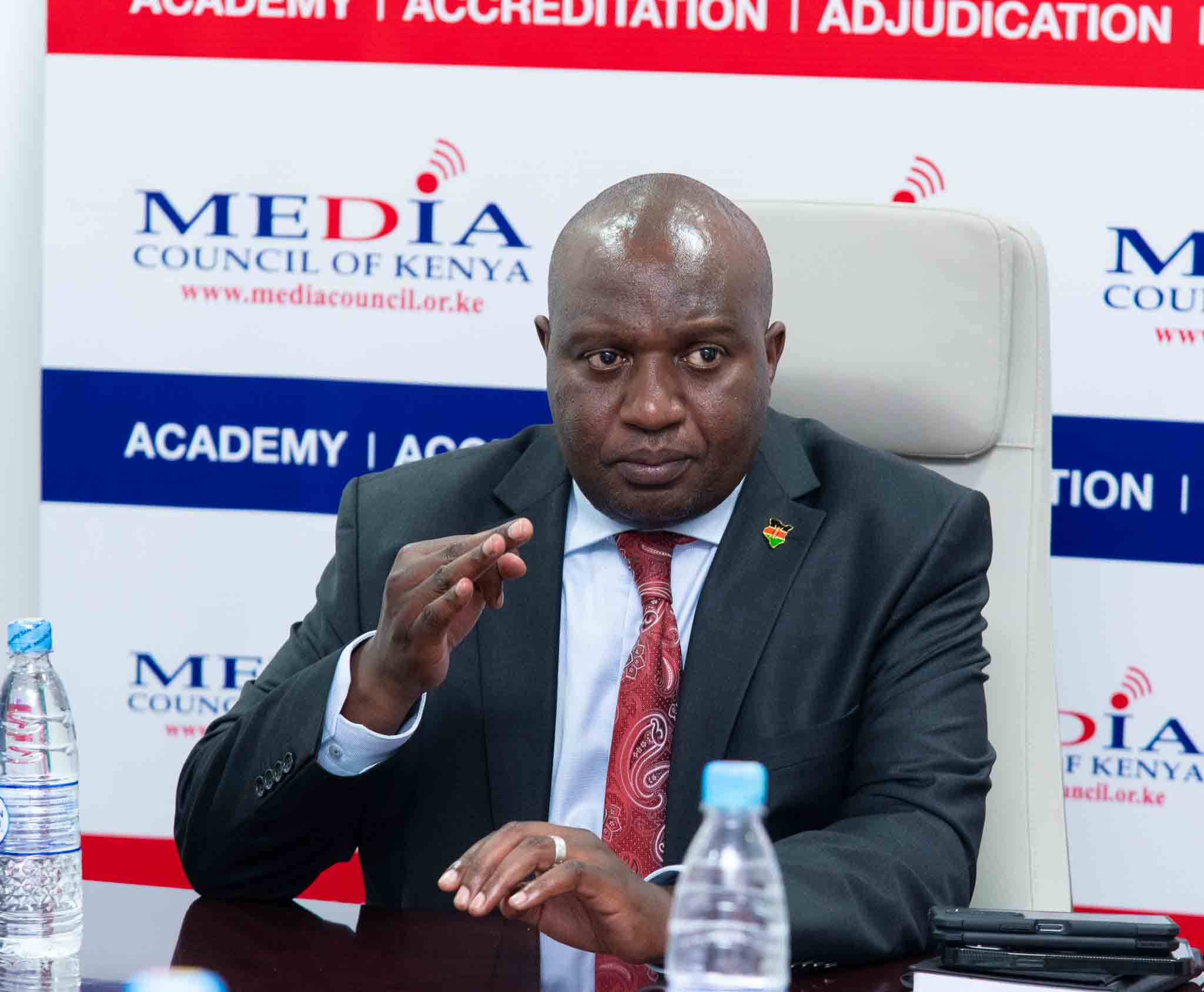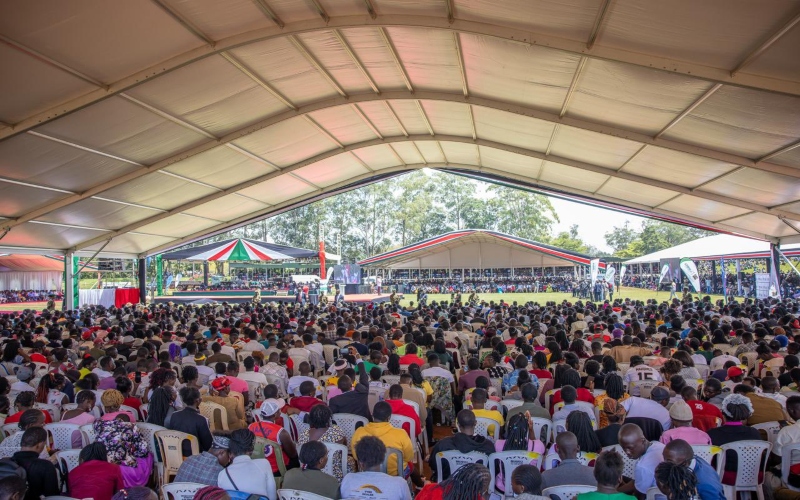State cuts budget by Sh145bn as Supplementary Appropriation law kicks in
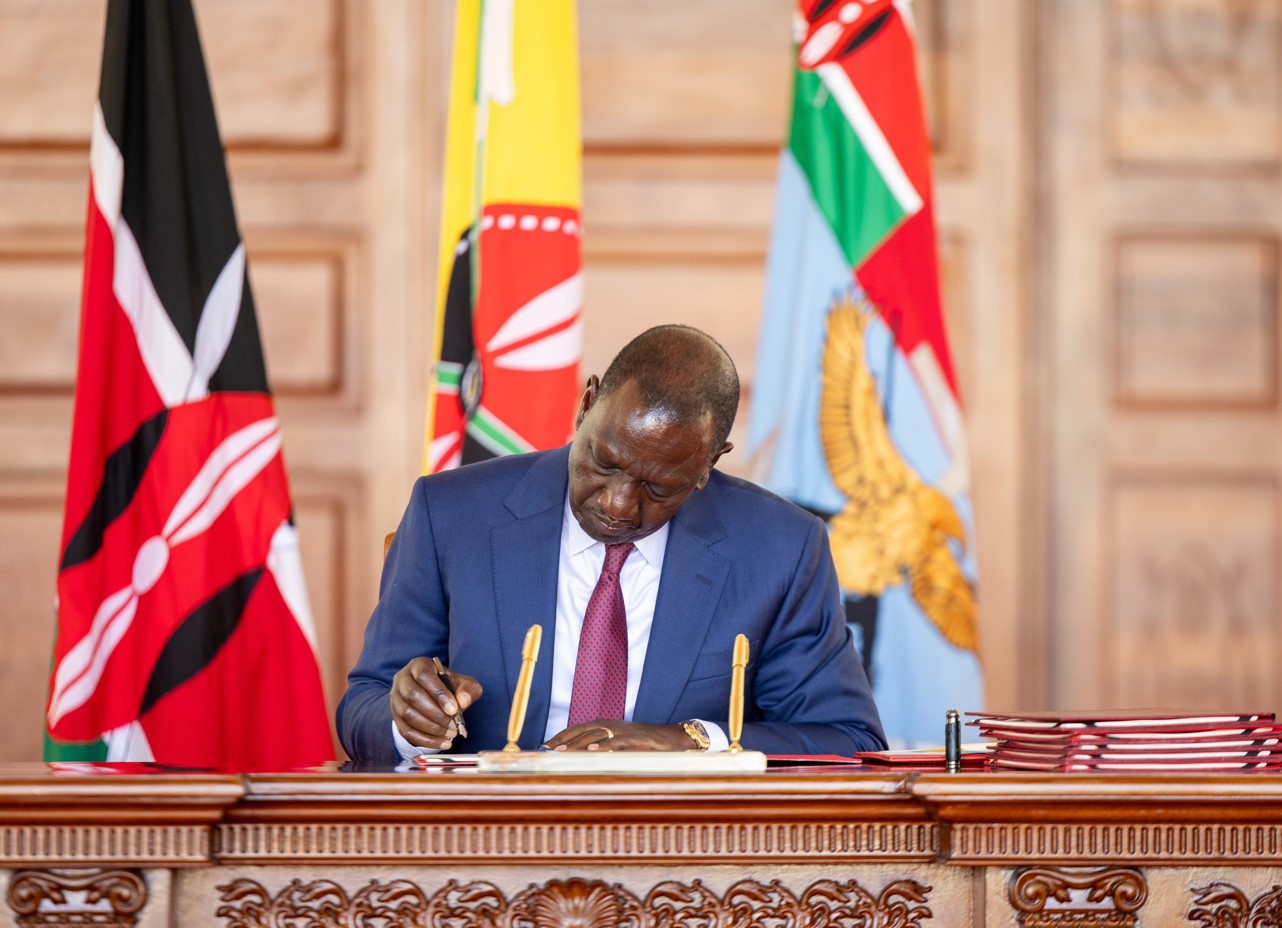
The bill, which was passed by MPs last week, seeks to revise budget allocations for the three arms of government to address a Sh 344 billion revenue shortfall following the rejection of the Finance Bill, 2024.
President William Ruto has signed the Supplementary Appropriation (No. 2) Bill, 2024 into law, effectively approving a plan to reduce government expenditure by Sh145.7 billion.
During the signing ceremony at State House, Nairobi on Monday, President Ruto was joined by Deputy President Rigathi Gachagua and Speaker of the National Assembly Moses Wetang'ula.
More To Read
- Cabinet approves bills to streamline project funding, boost traders' access to credit
- KBA warns 24 banks at risk of closure over proposed core capital increase
- Raila condemns MPs' push for revenue control, warns of threat to devolution
- Parliament to vote on Sh346bn budget cuts for national and county governments
- Cabinet Secretaries given until Thursday to halve number of advisers
- Ichung'wa's dismissal of anti-Finance Bill protests sparks nationwide criticism
The bill, which was passed by MPs last week, seeks to revise budget allocations for the three arms of government to address a Sh 344 billion revenue shortfall following the rejection of the Finance Bill, 2024.
It will result in both offices losing Sh6 billion, with the Treasury also facing a significant cut of Sh7 billion.
The sponsor of the bill, Ndindi Nyoro who is also the Chairperson of the Budget and Appropriations Committee informed the National Assembly that his committee, the Budgets and Appropriations Committee, had cut the anticipated budget from Sh2.9 trillion to Sh2.6 trillion.
"The budget we are considering is a budget of roughly Ksh 3.84 trillion (or thereabout). If you look at the revenue side, we have been able to downgrade our projections. And other than the Ksh 2.9 billion we anticipated in the main budget, we will now be rising just above Sh2.6 trillion," he said.
The national government will see total reductions of Sh145 billion, including Sh40 billion from recurrent expenditure and Sh105 billion from development.
Of this total reduction of Sh145.7 billion, the Executive will account for Sh139.81 billion, which will be drawn from various ministries.
State House and the Office of the Deputy President are the most affected by the Supplementary Appropriation (No.2) Bill, 2024.
According to the bill, several development projects in medical services will be suspended due to a loss of Sh6.9 billion, while road and transport sector projects will face a Sh17.3 billion reduction.
In addition, the bill includes a Sh3.7 billion cut for Parliament and a Sh2.1 billion cut for the Judiciary.
In the health sector, Sh16.2 billion has been allocated to support reforms and promote universal health coverage (UHC). Of this amount, Sh4.5 billion is dedicated to Community Health Volunteers' allowances and equipment, while Sh3 billion is earmarked for the medical internship programme.
The primary healthcare fund and contracted services will each receive Sh4 billion from this allocation.
The education sector would receive Sh120.7 billion to fund changes. This allocation comprises Sh18.7 billion for confirming all Junior Secondary School interns to permanent and pensionable posts.
Sh30.7 billion is been up for capitation of JSS students, particularly those transitioning to grade nine.
In addition, the University Funding Board would receive Sh17 billion in scholarships, the Higher Education Loans Board would receive Sh31.3 billion in scholarships and loans, and universities would receive Sh23 billion under the Differentiated Unit Cost funding model.
The bill has allocated Sh3.5 billion to enhance the remuneration of officers in various security organs, in line with the recommendations of the former Chief Justice David Maraga-led Task Force.
This funding aims to improve the dignity and living standards of security personnel.
Sh20 billion has been allocated to the agriculture sector to increase farmer productivity and output.
This includes Sh7.5 billion in fertiliser subsidies, Sh3 billion for the Coffee Cherry Fund, and Sh2 billion to erase coffee producers' debts.
In addition, Sh2 billion is set aside for the purchase of milk coolers, Sh1.5 billion for the stabilisation of milk prices, and Sh0.7 billion to support sugar farmers.
Top Stories Today
